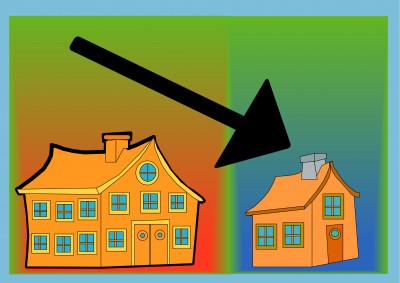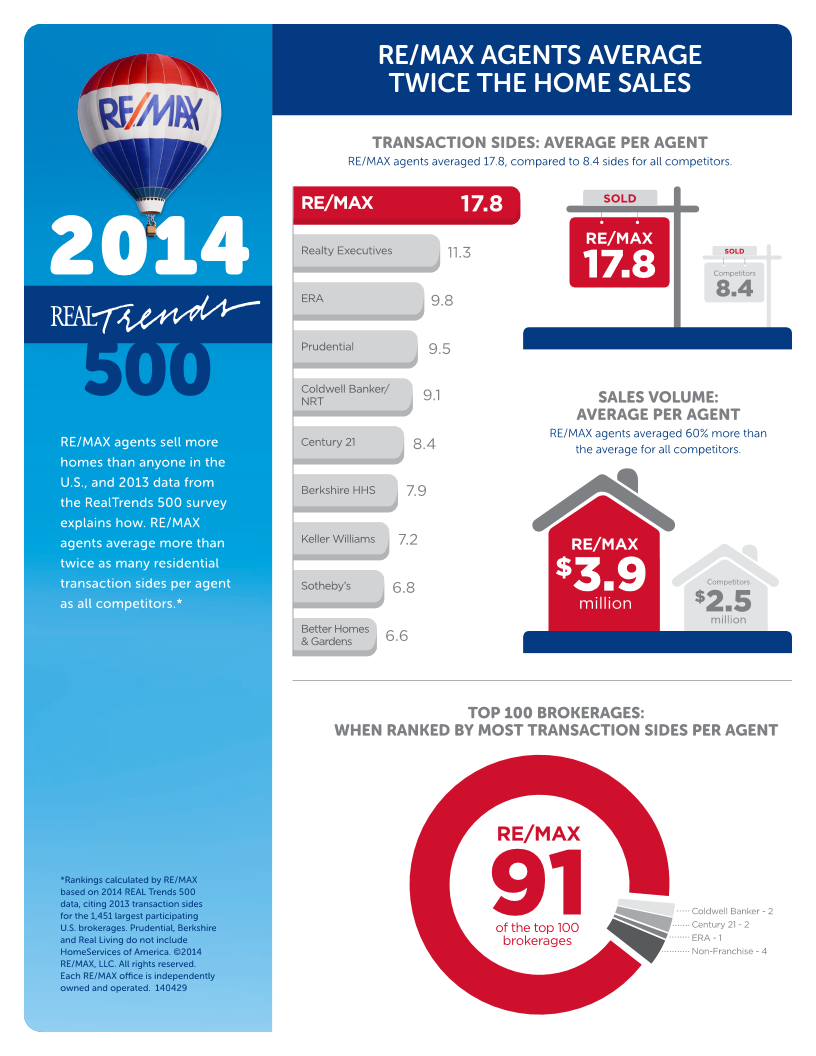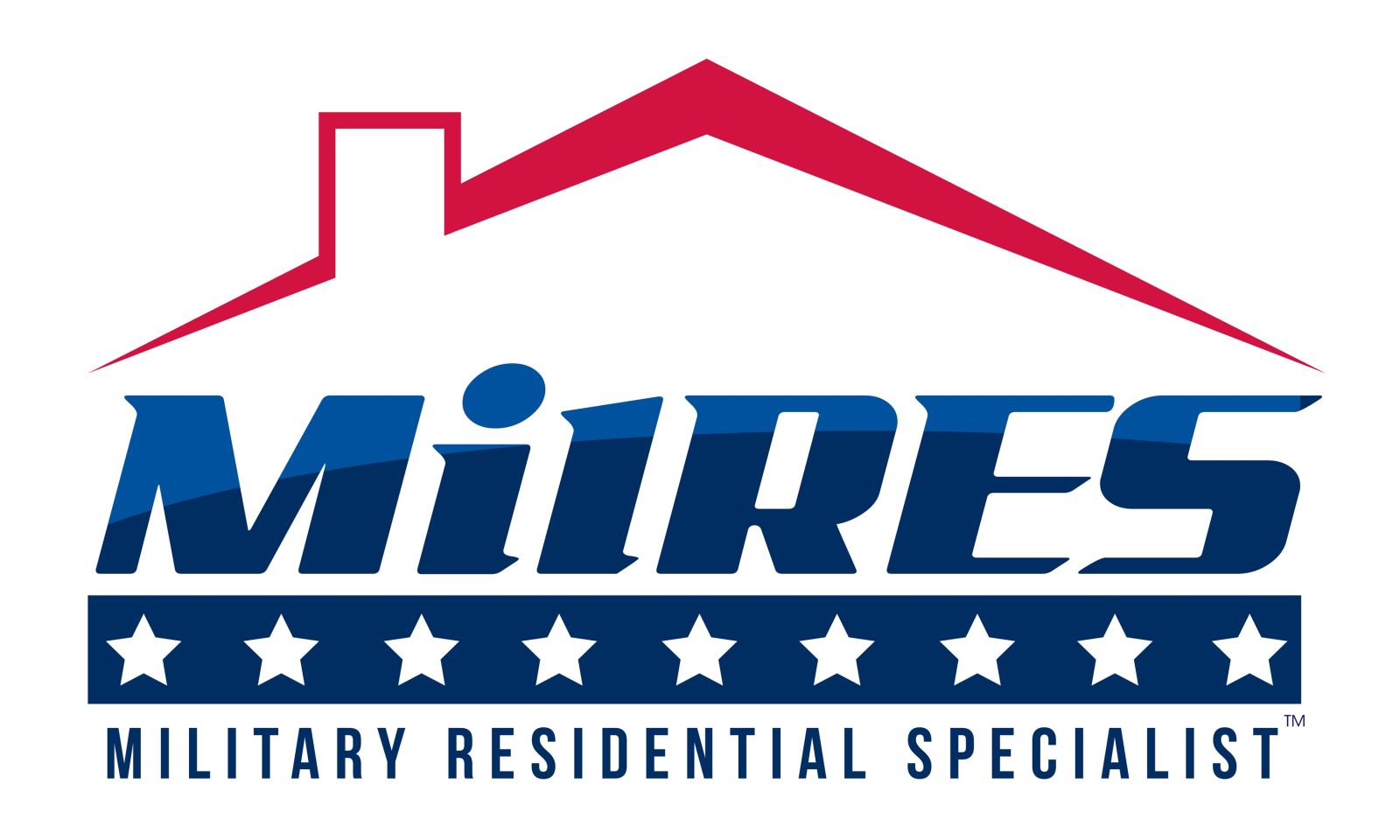5 Tips To Make Your Home Sale a Little Bit Easier
Selling your home can sometimes be a daunting task; however we are going to talk about a few ideas of how to make selling your home a little bit easier.
 One way to make your home stand out when you put in on the market is to stage it. By this I mean make it look like a model home by taking down your family photos and adding a few decorations to match whatever season it may be at the time.
One way to make your home stand out when you put in on the market is to stage it. By this I mean make it look like a model home by taking down your family photos and adding a few decorations to match whatever season it may be at the time. - While your Realtor is showing your house, be sure to have a few candles lit and some relaxing music playing in the back ground for the potential buyer to enjoy. Little things such as this will help to make a buyer much more at ease and to feel at home.
- Be sure to have the yard looking nice and neat when you have a potential buyer coming to tour your home. If you have kids and they have toys or bikes in and around the yard, be sure to put them up where they will not be seen. Keep in mind you want the potential buyer to be able to envision themselves living in the home and if there are too many reminders of you and your family they may have a hard time doing this.
- If you really want to make your potential buyer feel at home, leave a plate of warm cookies out for the showing. Leave a little note out offering for the people touring your home to take one or two cookies and to enjoy them. Your Realtor may have other ideas of what types of snacks you can leave out.
- Be sure to clean from top to bottom and to put away anything that may be lying around. Do not leave laundry lying around. Even clean laundry laying on the floor or bed can make a home look messy and uninviting. Remember you want your potential buyer to feel calm and at ease when touring your home and we all know that laundry usually makes us feel anything but calm and at ease.
Hopefully these tips will get you started in the right direction for selling your home without much hassle. A good Realtor can go a long way towards selling your home but you can do your part to help out and make sure your home stands out above all the others. You want your buyer to remember your house and it’s my guess if you make them feel comfortable and relaxed while there, they WILL be back!
Information courtesy of Chester County PA Real Estate Expert Scott Darling.
 Get hold of a set of plans for your home so that you will be able to
Get hold of a set of plans for your home so that you will be able to  It is easier to sell a house that is attractive to buyers and shows as being well-maintained. That is a matter of doing a little fix-up, but mostly clean-up. Make sure pipes aren’t leaking, for instance. That is relatively easy and not expensive. If your home really needs painting consider doing that. These are not high priced issues. Below we are talking about the expensive items.
It is easier to sell a house that is attractive to buyers and shows as being well-maintained. That is a matter of doing a little fix-up, but mostly clean-up. Make sure pipes aren’t leaking, for instance. That is relatively easy and not expensive. If your home really needs painting consider doing that. These are not high priced issues. Below we are talking about the expensive items. Interest rates
Interest rates Sellers arrogantly slap the highest price on their homes that they think they can get away with. Then they're surprised when the market slaps them right back with insultingly low offers or none at all.
Sellers arrogantly slap the highest price on their homes that they think they can get away with. Then they're surprised when the market slaps them right back with insultingly low offers or none at all. Reasons not to downsize:
Reasons not to downsize: 

 Military home buyers have benefits, legal protections and financing available that are complex, convoluted and often ignored. The ins and outs of Veteran Administration financing can be difficult and mind boggling to understand. It takes a knowledgeable and experienced real estate agent to help veterans navigate the real estate landscape.
Military home buyers have benefits, legal protections and financing available that are complex, convoluted and often ignored. The ins and outs of Veteran Administration financing can be difficult and mind boggling to understand. It takes a knowledgeable and experienced real estate agent to help veterans navigate the real estate landscape.



